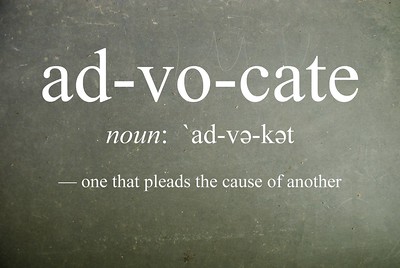There is a long list of things that the WCC Board of Trustees does not provide. Authentic oversight probably sits in the number one slot. Community advocacy runs a close second. No one on the Board brings a broader perspective to the Administration. That enables the Administration to work in a vacuum.
Don’t get me wrong. Each person who sits on the Board has their own agenda, but that’s not what I’m talking about. Board members have their own agendas, which means they represent themselves and their own personal interests to the Administration. But rarely do the Board members engage in any kind of community advocacy.
For example, sitting Board members who have no problem authorizing bond issues that WCC’s operating funds guarantee. This is costlier and riskier to the taxpayer than tax-backed bonds, but who on the Board advocates for the taxpayer? No one. Why? Because individuals on the Board do not want their personal tax bills to rise, so they prefer to offload WCC’s capital costs onto the students. They advocate only for themselves. They prefer to take away resources from students and force the College to pay higher interest rates on bonds. The higher the interest rates go, the less money the College has to operate.
Mixed-use development is another example. We have Board members who support taking land and resources away from the College to build a hotel, convention center and retail spaces on WCC property. What do a hotel, convention center and retail spaces have to do with the mission of the College? I’m glad you asked. Nothing! They have nothing to do with the mission of the College.
Community advocacy includes protecting WCC’s future
Not one person on the Board advocates for the WCC of 2050 or 2075, which might need that land and those resources to meet its mission. Not one of these things will lift a single student out of poverty. Or help a single parent create a better life for their children. They will not meet a single need of this community. But they appeal to Board members who advocate for their own personal interests.
No one on the Board advocates for the creation of new programs that meet Washtenaw County’s changing economic needs. Instead, they merely sign off on the closure of academic programs like culinary arts. They contribute no ideas to the College. They work toward nothing that doesn’t check a box on their own personal agendas. Their residency on the Board serves their own personal goals – none of which have much to do with WCC.
Without community advocacy, the College suffers. Money the Administration should spend on education for Washtenaw County residents gets diverted, misused and misspent. Money the Administration should spend on the campus gets used to hire more administrators. It pays the debts and maintenance on a building that houses a business unrelated to WCC’s mission. The Administration pays millions for consultants and outsourced services that do not enhance WCC one bit.
And where is the WCC Board? Where is the community advocacy they’re supposed to be providing us? Nowhere. The Board views its primary role as the authorizer of the Administration’s spending requests. And they approve whatever the Administration puts in front of it. No matter what.
WCC will never meet its mission as long as the WCC Board rejects its community advocacy function.
Photo Credit: Lectionary , via Flickr

















